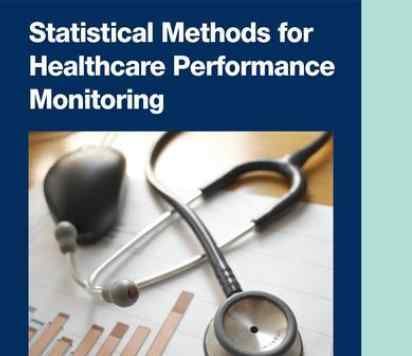BibTex format
@article{Bouras:2017:10.1007/s10029-017-1575-1,
author = {Bouras, G and Burns, EM and Howell, AM and Bottle, A and Athanasiou, T and Darzi, A},
doi = {10.1007/s10029-017-1575-1},
journal = {HERNIA},
pages = {191--198},
title = {Linked hospital and primary care database analysis of the impact of short-term complications on recurrence in laparoscopic inguinal hernia repair},
url = {http://dx.doi.org/10.1007/s10029-017-1575-1},
volume = {21},
year = {2017}
}
RIS format (EndNote, RefMan)
TY - JOUR
AB - Objective:To study the effects of short-term complications on recurrence following laparoscopic inguinal hernia repair using routine data.Background:Linked primary and secondary care databases can evaluate the quality of inguinal hernia surgery by quantifying short- and long-term outcome together.Methods:Longitudinal analysis of linked primary care (Clinical Practice Research Datalink) and hospital administrative (Hospital Episodes Statistics) databases quantified 30-day complications (wound infection and bleeding) and surgery for recurrence after primary repair performed between 1st April 1997 and 31st March 2012.Results:Out of 41,545 primary inguinal hernia repairs, 10.3% (4296/41,545) were laparoscopic. Complications were less frequent following laparoscopic (1.8%, 78/4296) compared with open (3.5%, 1288/37,249) inguinal hernia repair (p < 0.05). Recurrence was more frequent following laparoscopic (3.5%, 84/2541) compared with open (1.2%, 366/31,859) repair (p < 0.05). Time to recurrence was shorter for laparoscopic (26.4 months SD 28.5) compared with open (46.7 months SD 37.6) repair (p < 0.05). Overall, complications were associated with recurrence (3.2%, 44/1366 with complications; 1.7%, 700/40,179 without complications; p < 0.05). Complications did not significantly increase the risk of recurrence in open hernia repair (OR = 1.49; 95% CI 0.97−2.30, p = 0.069). Complications following laparoscopic repair was significantly associated with increased risk of recurrence (OR = 7.86; 95% CI 3.46−17.85, p < 0.05).Conclusions:Complications recorded in linked routine data predicted recurrence following laparoscopic inguinal hernia repair. Focus must, therefore, be placed on achieving good short-term outcome, which is likely to translate to better longer term results using the laparoscopic approach.
AU - Bouras,G
AU - Burns,EM
AU - Howell,AM
AU - Bottle,A
AU - Athanasiou,T
AU - Darzi,A
DO - 10.1007/s10029-017-1575-1
EP - 198
PY - 2017///
SN - 1265-4906
SP - 191
TI - Linked hospital and primary care database analysis of the impact of short-term complications on recurrence in laparoscopic inguinal hernia repair
T2 - HERNIA
UR - http://dx.doi.org/10.1007/s10029-017-1575-1
UR - http://gateway.webofknowledge.com/gateway/Gateway.cgi?GWVersion=2&SrcApp=PARTNER_APP&SrcAuth=LinksAMR&KeyUT=WOS:000398700900005&DestLinkType=FullRecord&DestApp=ALL_WOS&UsrCustomerID=1ba7043ffcc86c417c072aa74d649202
UR - http://hdl.handle.net/10044/1/48023
VL - 21
ER -
